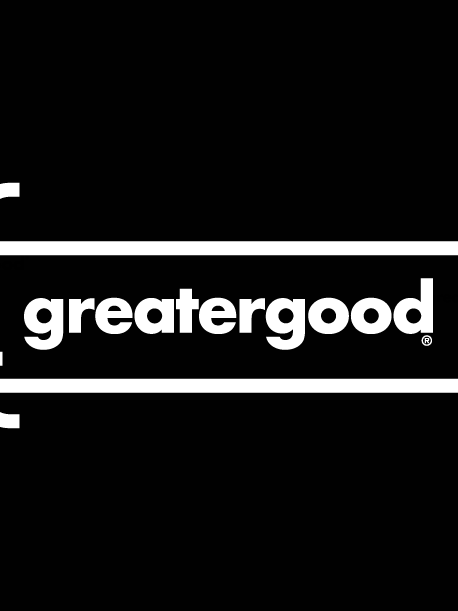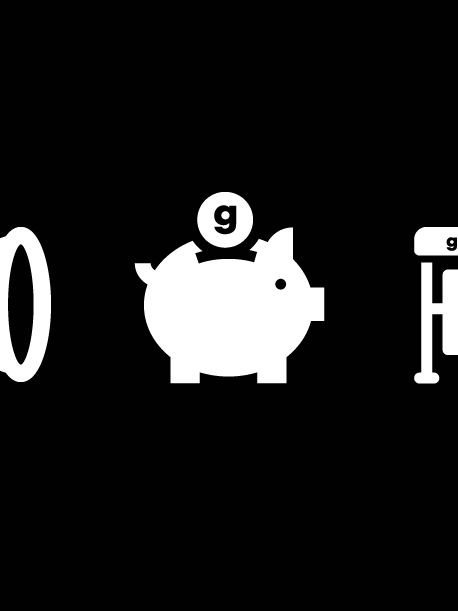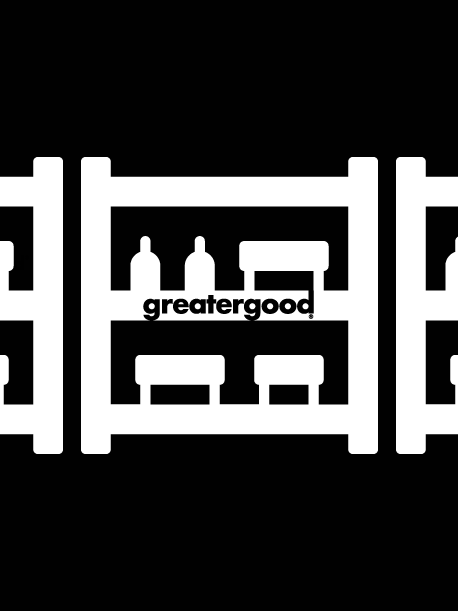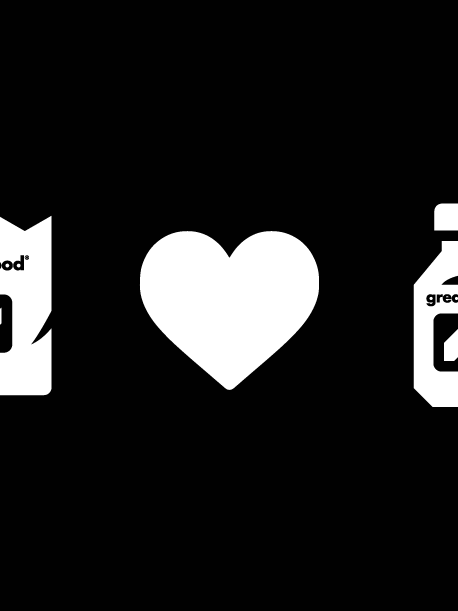It’s no secret that effective marketing strategies are crucial for success in FMCG. While many are familiar with consumer-facing marketing pushes, another key aspect often operates behind the scenes – trade marketing.
This specialized form of marketing plays a pivotal role in the FMCG industry, and in this article, we’ll delve into what trade marketing is and why it’s crucial for FMCG businesses of any size.
Trade marketing is a B2B (business-to-business) strategy focused on building strong relationships between brands and their retail partners (distributors, wholesalers, and retailers). Unlike consumer marketing, which targets end-users, trade marketing is aimed at the partners who facilitate the product’s journey from manufacturer to consumer.
Just like marketing to consumers – the goal of trade marketing is to increase channel demand from distributors, wholesalers, retailers and more. Enticing them to see the pull of your brand and why they should sell more of it and make it a hero product.
10 Benefits of FMCG Trade Marketing
- Increase Distribution: Trade marketing aims to ensure that FMCG products are available in the right place, at the right time, and in the right quantities. This strategic approach to distribution helps reach a wider audience and increases the chances of consumers finding and purchasing your products.
- Boosting Visibility and Shelf Presence: By effectively implementing trade marketing strategies, FMCG brands can secure prime shelf space and prominent placements within retail outlets. This heightened visibility significantly influences consumer purchasing decisions.
- Promotional Activities: Trade marketing involves coordinating promotional campaigns, such as discounts, special offers, and in-store displays, to stimulate sales and attract consumer attention. From a trade marketing perspective, we want to entice the people and places selling our product to get excited about it and get on board with our missions to drive volume and see the revenue it will generate for them.
- Distributors as Brand Advocates: Trade marketing can often involve offering training, marketing collateral, and support to retail partners. This helps retailers effectively sell and promote the FMCG products in their stores. Our distributors need to understand and feel passionate about our products at a deep level.
- Stronger Retailer & Distribution Relationships: For any retail partnership, it has to work both ways. FMCG trade marketing fosters collaborative relationships between FMCG manufacturers and their retail partners. This mutual understanding and cooperation lead to more effective product placements and promotions.
- Consumer Education and Awareness: As detailed above trade marketing activities often include training and support for retailers, enabling them to effectively promote and sell FMCG products. This educational component ensures that consumers are informed about the products and their benefits.
- Strategic Product Launches: Trade marketing provides a platform to effectively launch new products or promote existing ones. It allows manufacturers to create a buzz around their offerings, increasing the likelihood of a successful product launch.
- Increased Brand Loyalty: Trade marketing activities, such as trade promotions and discounts, can create positive associations with the brand. This can lead to increased consumer loyalty and repeat purchases.
- Category Building & Management: Trade marketing involves organising and managing product categories in a way that maximises sales and consumer satisfaction. This ensures that products are positioned strategically within the market and category.
- Competitive Advantage: Engaging in trade marketing gives FMCG companies an edge over competitors. By effectively working with retail partners and implementing innovative strategies, brands can differentiate themselves in a crowded market.
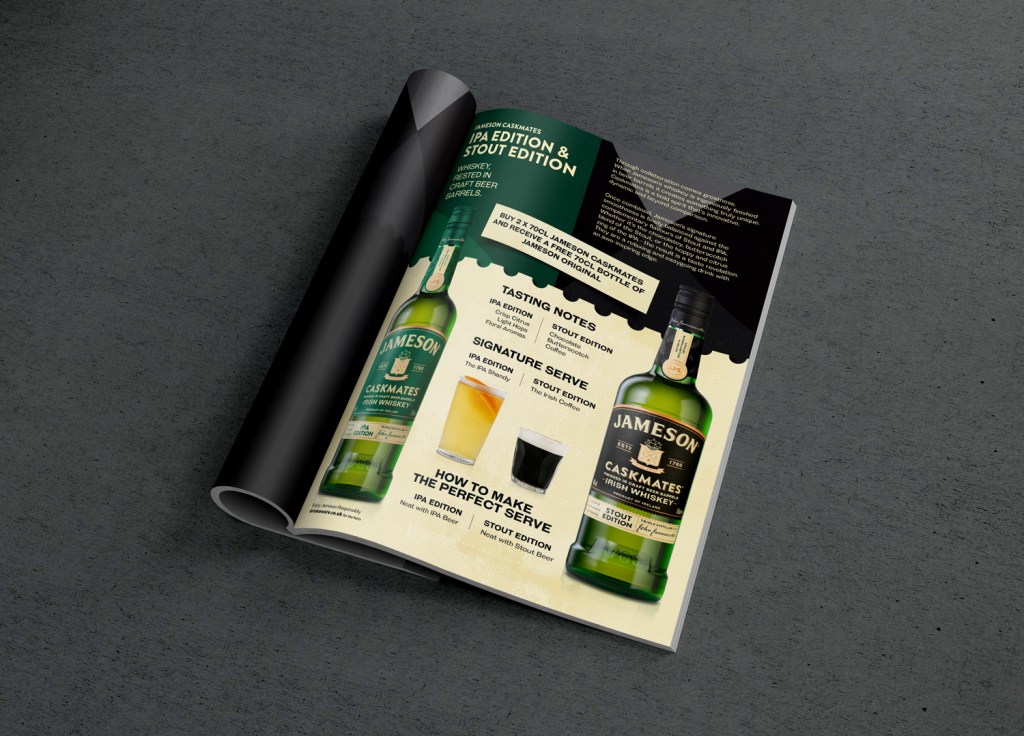
Now that we’ve looked at the benefits of FMCG Trade Marketing – what are some examples of trade marketing?
10 Examples of FMCG Trade Marketing
- Trade Promotions: Offering retailers special discounts or incentives to promote and sell specific FMCG products. This could be at a promotion level, offering additional product once a certain order amount is reached, or by offering sampling of a new product range.
- In-Store/On-Trade Displays: Creating eye-catching displays within retail stores or the on-trade to showcase your FMCG products and attract consumer attention. This is something which markets like the on-trade do in hotels, restaurants and bars to great success.
- Merchandising Support: Providing retailers with tools, marketing materials, and guidance on how to arrange and display FMCG products effectively. Perhaps your proposition is being misunderstood on shelf and needs some additional marketing push until you optimise your packaging messaging.
- Co-Branding Initiatives: Partnering with retailers to create exclusive product offerings or promotions that benefit both the brand and the retailer.
- Seasonal Promotions: Running special promotions tied to holidays or seasonal events to boost sales of specific FMCG products. Could your brand have some kind of affinity with a particular holiday season that you could leverage every year?
- Training Programmes: Conducting training sessions for sales staff and retail staff on the features, benefits, and selling points of your brand. A sure way to get anyone on board with your brand and gain brand advocates, is by offering free samples.
- Joint Marketing Campaigns: Collaborating with retailers on marketing efforts, such as email campaigns or social media promotions, to drive awareness and sales.
- Incentive Programmes: Creating rewards or incentive programmes for distribution staff based on the sales performance of FMCG products.
- Point-of-Sale (POS) Materials: Providing retailers with materials like posters, shelf talkers, and banners to enhance the visibility of FMCG products in-store.
- Sampling & Brand Activations: Setting up stations within retail /on-trade where consumers can sample different products and gain a first hand understanding of your product.

Trade marketing is an essential component of FMCG business strategies. It ensures that products are readily available, attractively displayed, and effectively promoted to consumers. Distribution is a two-way relationship and has to be profitable and beneficial to both parties – effective trade marketing creates strategies which lead to increased sales, stronger brand presence, and long-term success in the market.
Working on an FMCG Trade Marketing project?
Get in touch to hear how we have worked with other clients across FMCG marketing, brand activations and more.

Greatergood Brands®
Daniel Hinde is the Founder & Creative Director of Greatergood Brands. Daniel has over 20 years commercial experience building brands for global household names and disruptive challenger brands.
Sign up to our building better brands newsletter
Free insights for scaling brands

